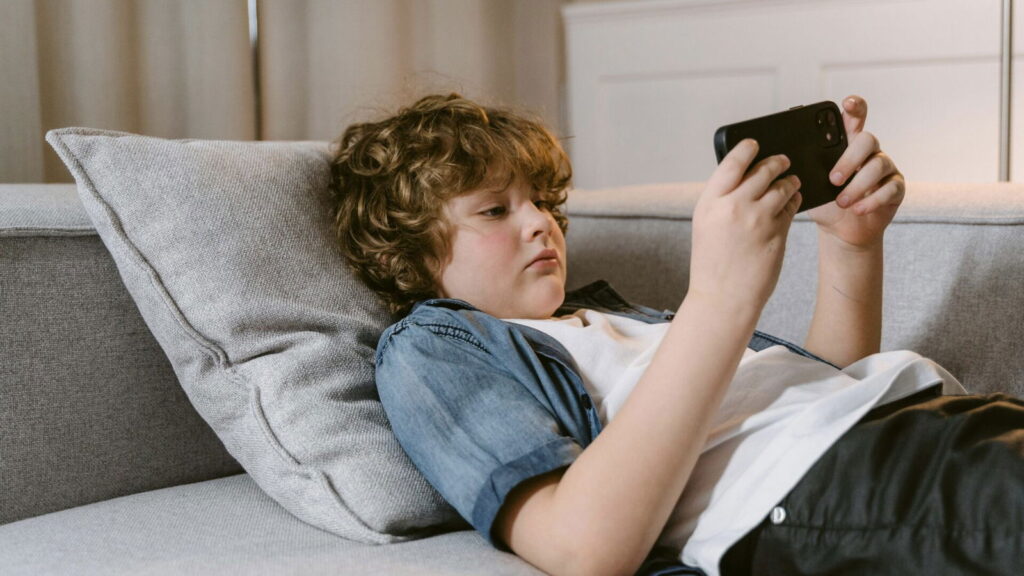By Kayla DeKraker
A recent survey indicates that a significant 80% of parents express concerns regarding the amount of time their children spend using screens. But what are the specific worries that fuel this parental anxiety?
"The primary concerns voiced by parents about their children's screen time revolve around: privacy and safety issues (47%), potential exposure to inaccurate information (36%), and a perceived lack of face-to-face social interaction (34%). Concerns related to body image and academic performance were less frequently cited," reveals a study conducted by The Kid's Mental Health Foundation.
One mother, Xia Chekwa, emphasizes her desire to shield her children from content they might not be emotionally equipped to handle.
"My main concerns with screens center on ensuring that my kids aren't exposed to inappropriate content prematurely and safeguarding them from unwanted contact," she explains. "They understand the importance of discerning safe environments and appropriate content."
Parental involvement in children's tech usage is crucial, as children may not fully grasp the inherent risks.
"When it comes to screen time, expecting children to self-regulate and establish boundaries is unrealistic, given the addictive nature of the technology," notes Ariana Hoet, executive clinical director of The Kids Mental Health Foundation.
She further underscores the significance of parents actively monitoring their children's online activities.
"As parents, we must pay close attention to the duration of technology use, the type of content being consumed, the activities being undertaken, and the individuals with whom they are interacting on gaming platforms or social media," she advises.
Hoet advocates for active parental participation in children's screen-related activities.
"Engage with your children by sitting with them, observing their usage patterns, asking questions, and showing genuine interest. This approach not only makes your child feel valued but also enables you, as a parent or caregiver, to gain valuable insights," she suggests.
The foundation also offers a checklist of indicators that may signal a problematic reliance on screen time.
Related: 5 Tips to Help Your Child Manage Their Screen Time
Potential warning signs of excessive screen time include losing track of time, heightened preoccupation or distractibility, social isolation, increased irritability, alterations in eating or sleeping patterns, and a decline in engagement with offline activities.
These problems can be mitigated through the implementation of responsible screen time guidelines, such as regular check-ins with your child about their online experiences, restrictions on screen usage before bedtime or in bedrooms, and promotion of healthy physical activity.
While screen time is likely here to stay, proactive parental involvement, boundary setting, and promotion of healthy activities can help shield children from the potential drawbacks of excessive screen exposure. These measures will benefit them not only in the present but also in the long run.
Read Next: Can Screen Time Be a Good Thing? It’s Complicated
You may also like
-
Actress’ Baby Only Wanted THIS?! God SHOCKED Her With The Truth!
-
Discord: Is Your Child's Soul at RISK? (The TRUTH Parents MUST Know!)
-
Candace Cameron Bure's Kids Asked Her *This* Question About Faith?!
-
Hollywood Star's Secret Weapon for Sharing Faith Fearlessly!
-
PBS Kids Just Did WHAT?! The Future of Family Gaming is Here!

